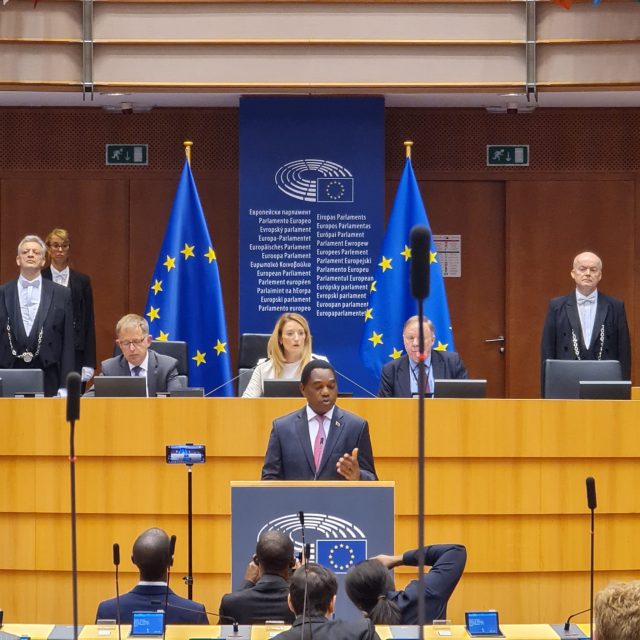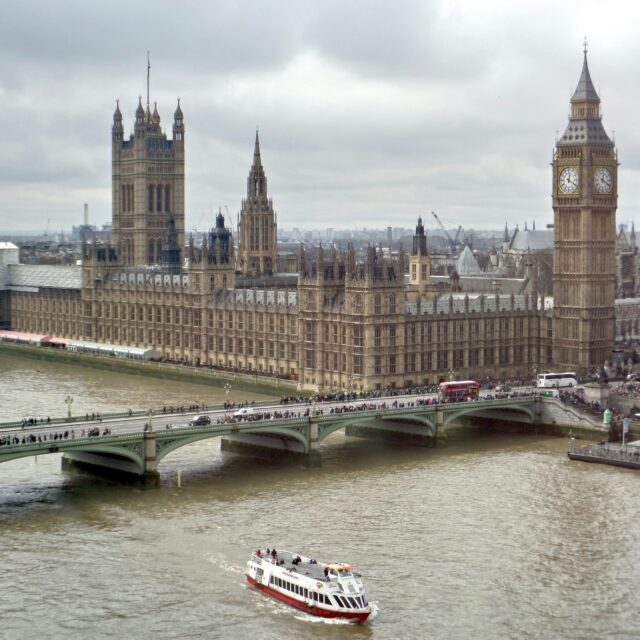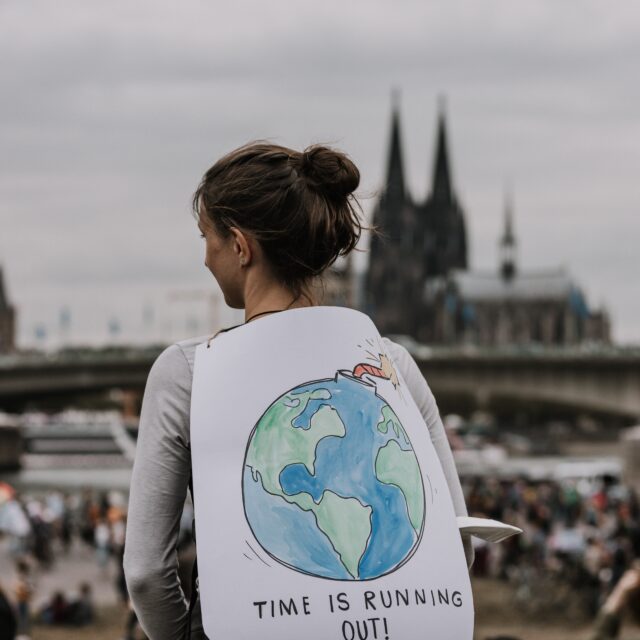Photo by Ben Morris on Unsplash
Former Italian PM Mario Draghi has outlined his ambitious blueprint for improving Europe’s competitiveness through closer cooperation in core areas and massive investment in shared objectives.
Draghi is the author of a major report on European competitiveness commissioned by Ursula von der Leyen, the President of the European Commission.
Draghi, the ex ECB chief, told MEPs on Tuesday that the EU needed to focus on three crucial issues.
These, he said, are:
* closing the innovation gap with the US and China;
*developing a joint plan to link the goal of decarbonisation with increased competitiveness;
* boosting Europe’s security and reducing its dependence on foreign economic powers.
Maintaining what he called the European way of life will rely on improving competitiveness, and improving competitiveness requires closer cooperation and integration between Europe’s nations,Draghi said to MEPs in Strasbourg.
A fit-for-purpose competitiveness agenda would require annual funding of between EUR €750 bn to €800 billion for projects whose objectives were already agreed upon by the EU, he said.
“Some of this money could come from private sources, but some would also need to be secured through public investment, including by new common debt issued specifically to fund key joint projects,” Draghi told members.
In a parliamentary debate following Draghi’s address, many MEPs agreed with his analysis that the EU economy must urgently change course.
The EU should focus, they argued, on competition and innovation in key industries, along with more public and private investments in social, green and digital transformations.
Some MEPs called for greater sovereignty and freer markets, and stressed that fighting climate change sabotages the EU economy. Others observed that growth is compatible with clean innovative technologies and social investment, to help citizens to adjust their skills.
Also addressing MEPs this week, von der Leyen said, “The whole college is committed to competitiveness. We have dissipated the former rigid stovepipes.”
She said, “This is one of the main recommendation of the Draghi report: Strengthening our tech-sovereignty, security and democracy, building a competitive, decarbonised and circular economy, with a fair transition for all and designing a bold industrial strategy with innovation and investment at its heart.”
“It is also about boosting European cohesion and regions, supporting people, skills and our social model and ensuring Europe can assert its interests and lead in the world.”




